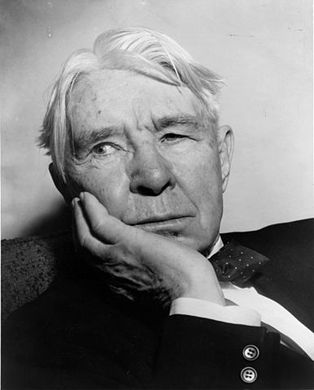 Illinois' Carl Sandburg (1878-1967)
Illinois' Carl Sandburg (1878-1967) *In honor of the exceptional freethinker, Bangladeshi-American blogger Avijit Roy, hacked to death for speaking freely, 26 February 2015.
Part II of American Exceptionalism continues with Carl Sandburg’s Chicago Race Riots, July, 1919 …
“We have seen it happen so often whenever we read newspaper(s) … of a public hanging or burning in Texas or a Mississippi town we get ready to extend greetings to people from the immediate vicinity of the scene of the lynching.
“If it is Arkansas or Georgia ... there will be large representations from those states … at the Illinois Central Station.”
Sandburg knew America. I like the line “American Exceptionalism” being used on a lefty, which Sandburg was; not really much the haters can say about that as the “City of Broad Shoulders” saves him from being branded anything like “socialist” – which I’m sure he was. At most the right just ignores Sandburg’s left much the same as they love Jack London for his dog stories, but one almost never hears about The Iron Heel, London’s 1908 story of oligarchic tyranny.
Sandburg suggested three factors, “in any American city where the racial situation is critical.” His wisdom is still wise; he noted the factors were housing, politics and war psychology, and the organization of labor, and those are still true – 100 years later.
The black soldiers who had returned from Europe after WWI had a new sense of pride, had been treated well “over there,” and had been trained in firearms; of course, some stayed armed when they got home.
A brief background of the times would include the race riots across America in 1919 as well as the efforts of prominent African-Americans who tried to get an anti-lynching law passed, to no avail, until 1964, when (finally) President Johnson signed the Civil Rights Act, giving some teeth to a citizen’s right to live. Some names you may know (or might want to) who grew up in these times, include: Jack Johnson (1878-1946), Paul Robeson (1898-1976), Josephine Baker (1906-75), Billie Holiday (1915-59), Jimi Hendrix (1942-70), and Muhammad Ali (1942, age 73).
Billie Holliday recorded Strange Fruit, a song about lynching, in 1939; it’s a strange song about a strange America, one that didn’t see itself in the other. Carl Sandburg had that talent, the ability to see the other, and maybe that’s the elusive American Exceptionalism people keep talking about: maybe our exceptionalism is in how we treat others – and that history is our heritage.
William Abens, author
| | *Also ~ A 2013 book, Strange Fruit: Billie Holiday, Café Society and an Early Cry For Civil Rights. *Next up: International Women’s Day (Sunday 8 March) and the theme Make It Happen, a Hannah Arendt Footnotes (AF2) posting on Saturday 7 March. Posted by Bryan W. Brickner |
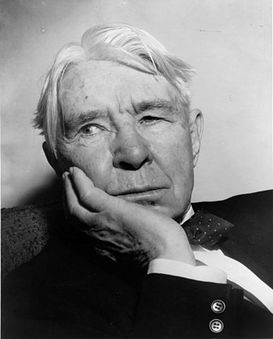
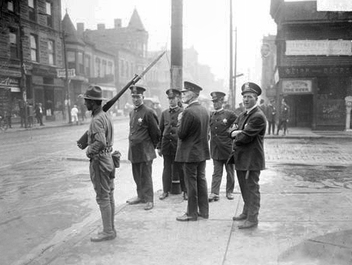
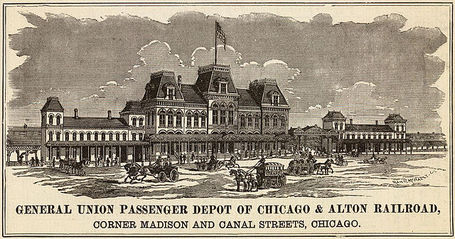



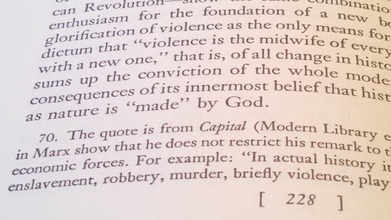


 RSS Feed
RSS Feed
